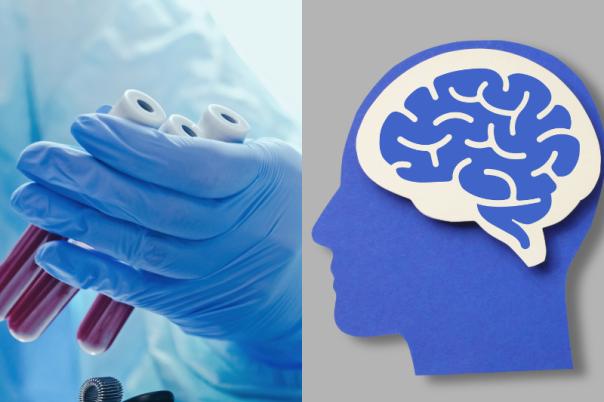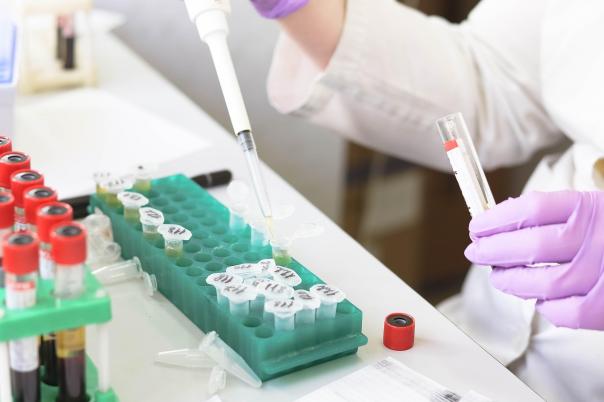Significant funds are being poured into biomarkers research and the many scientific publications on biomarkers, demonstrate the growing level of interest in the field. The biomarker development pathway initially seems straightforward, attracting many scientists and researchers. However, very few are being applied to a clinical setting.
To quantify the success of breast cancer biomarkers, Christopher Peters, a Clinical Senior Lecturer in Upper GI Surgery at Imperial College London, conducted an extensive literature review and found that of the 2,115 biomarkers identified, only 24 are used in the clinic. This equates to a success rate of only 1.13%. Compared to a broader drug success rate (5.4-17.2%), the success rate of biomarkers is significantly lower. This poses the question, what is causing the discrepancy between promising biomarker research and clinical application?
Peters suggested that the answer to this question is academia. He argued that it is easy for researchers to become trapped in a cycle of research, publishing, and receiving grants rather than focusing on the main goal: to improve patient outcomes. The academic mindset is not geared toward market need, the practicalities of the biomarker platform, or integrating data into healthcare pathways or sample QCs. To overcome this, Peters said that even though industry players consider these factors, there must be earlier industry engagement and co-development between academic biomarker researchers and biotech companies to improve biomarker success.
Therefore, Peters organised and ran a biomarker matchmaking event in London in 2021, where academics from London universities such as UCL and Imperial succinctly presented their biomarker research projects to biotech companies including Sysmex, Ultivue, and Yourgene Health. The academics outlined the clinical problem they wanted to fix, the pilot data, and the future directions for the project. The event was incredibly successful and to build on this Peters ran a national biomarker event in 2023. He also set up the BREACH (Biomarkers Research Exchange for Academics, Clinicians, and HealthTech) group to discuss methods that bridge the gap between industry and academia and breach the barriers between research and patients.
Another challenge for biomarkers is knowing what makes a biomarker good. Peters introduced the Biomarker Toolkit, this can be applied to any biomarker at any stage of development and assess it for potential for academics, industry, research funding bodies, or assessors such as NICE. Peters stated: “The idea is that it allows much more targeted biomarker research; it reduces costs and it allows people to utilise their time much more efficiently.” The toolkit considers the clinical and biological rationale of that biomarker, analytical validity, clinical validity, and clinical utility.
Peters tested the toolkit on breast cancer biomarkers and found four successful biomarkers and 32 stalled ones (considerable research but no progression) in the literature. All the biomarkers were scored and ranked based on the absence or presence of rationale, analytical validity, clinical validity, and clinical utility. The outcome showed that the successful biomarkers had considered a significantly higher proportion of these attributes than the stalled ones, especially the clinical utility category. Peters ran the same test on colon cancer biomarkers and the results showed the same pattern.





